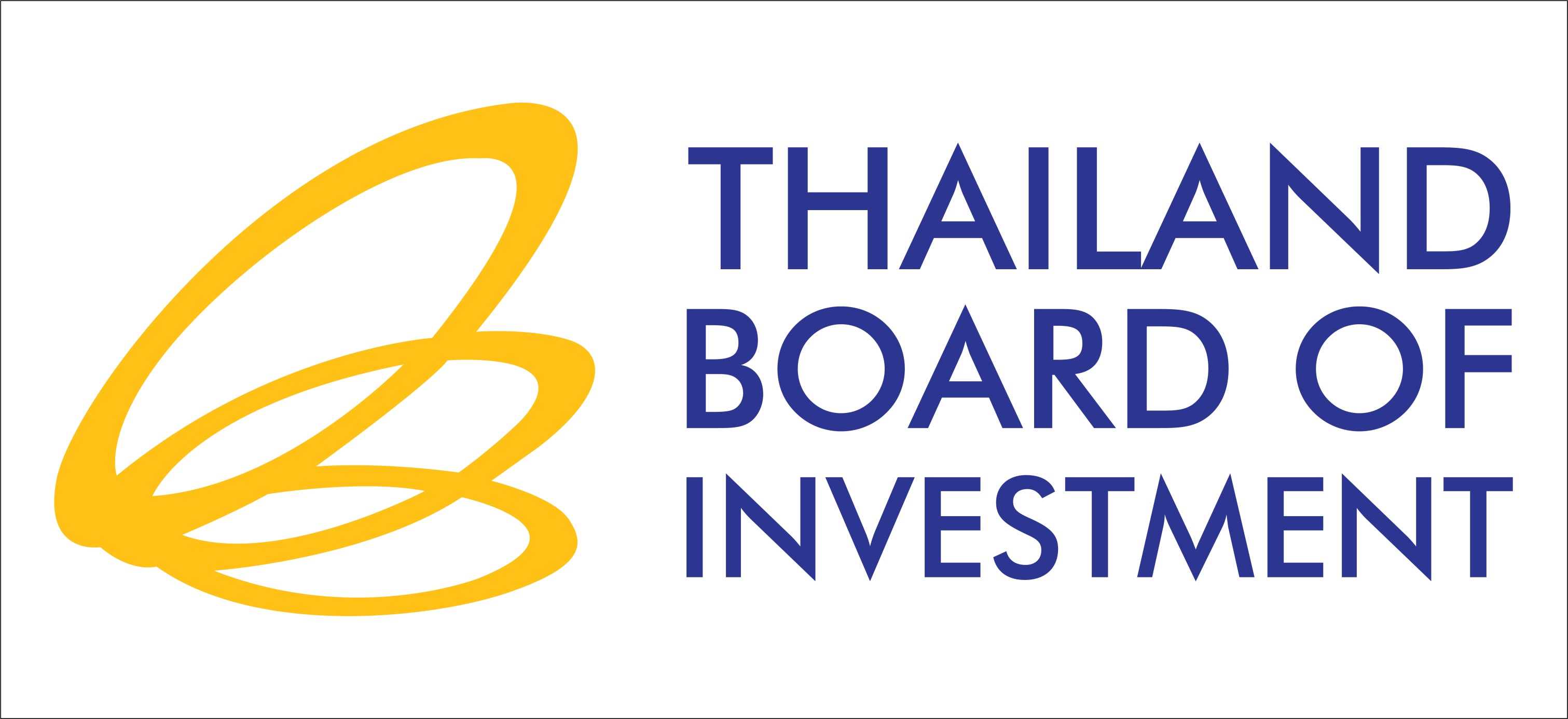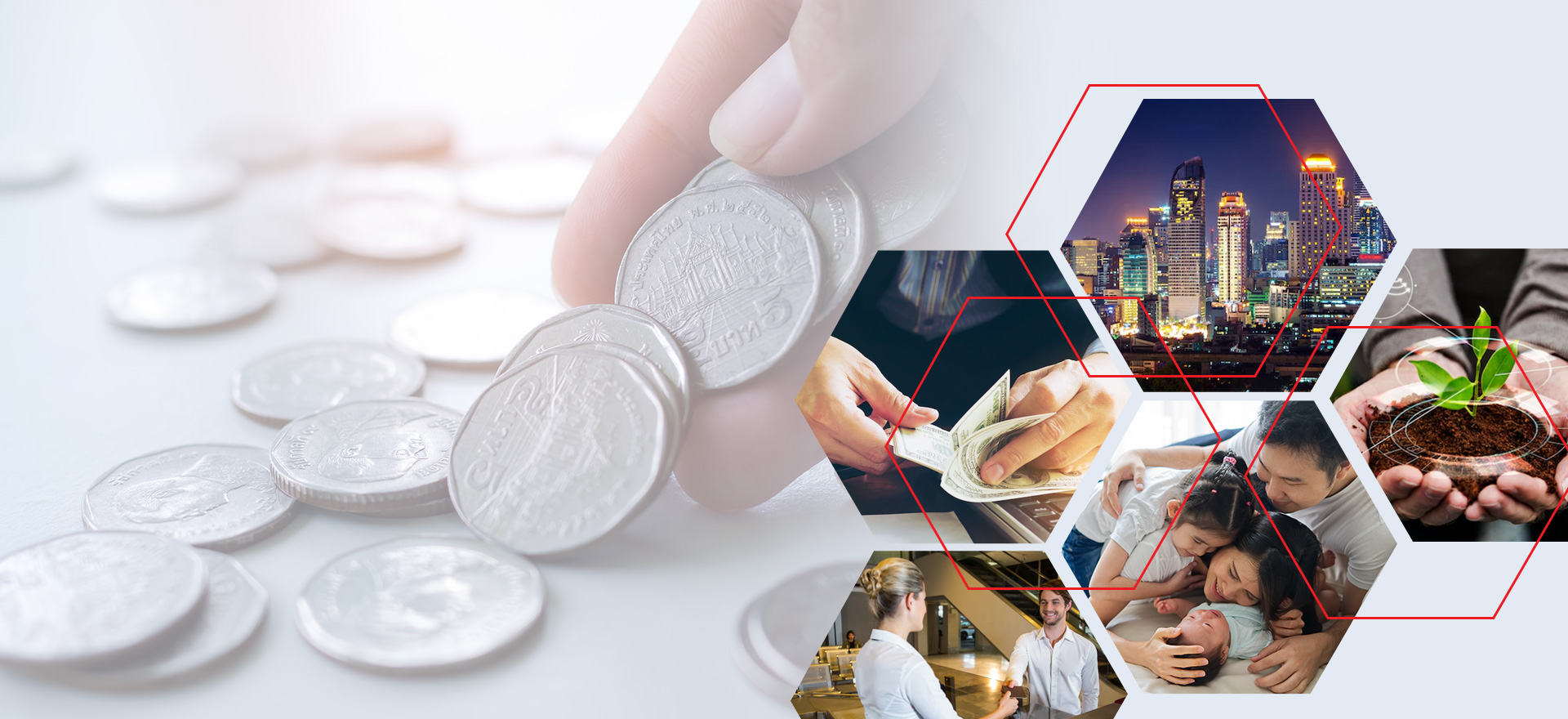Thailand Investment trends/BoI
Thailand Investment trends/BoI
Chatrudee Theparat
The Board of Investment (BoI) has projected Thai investment trends will continue to grow in the next 2-3 years from three factors of geopolitics, stronger rules on global environment and OECD’s requirement on the international taxation system.
In the past 2 years, Thailand has already received 1.5 trillion baht investment from a target of 3 trillion baht, while the BoI will accelerate to attract overseas investment to Thailand. The latest movement is that Prime Minister Paethongtarn Shinawatra agreed to chair Thailand's National Electric Vehicle Policy Committee (EV Board). The EV board is expected to meet soon to accelerate additional measures to assist the automotive industry. The BoI planned to propose additional incentives to help entrepreneurs and local part manufacturers.

Narit Therdsteerasukdi
Narit Therdsteerasukdi, secretary general of the BoI said that the investment climate in Thailand continues to grow. According to the 5-year strategic plan to promote investment (2023- 2027) that is aimed to attract no less than 3 trillion baht in investment. Thailand has already attracted 1.5 trillion baht in investment over the past two years.
He said there is still a good direction in the next 2-3 years which is considered an important transitional period for Thailand caused by three G-factors.
Three global factors
There are three global factors to support movement of global investment. First is geopolitics is still affected by investment trends to the global. Second is green transition has strengthened global rules to be strict for friendly environmentally friendly investment. Lastly, it is global minimum tax: the Organisation for Economic Co-operation and Development (OECD)'s requirement to reform tax structure.
The three factors caused a change in investment trend worldwide. Thailand gains an advantage in being able to support those three investment trends. Regarding geopolitical factors, Thailand is a neutral country which supports both the United States and China and has continued investing in Thailand. The US investors have increased their investment in Thailand by 70%, while China’s investment in Thailand also doubled.
A target of net zero among companies worldwide encourages green investment while Thailand has readiness to provide clean energy that can support such investment.
As for the OECD’s requirement on global minimum tax which will come into effect in 2025, Thailand has already prepared to support this movement. The Finance Ministry is considering a proposal to impose a top-up tax to large companies.
Mr Narit said that the BoI has gradually adjusted its measures to support the global minimum tax by adjusting longer times of tax reduction period to promote projects. Currently, there are 1,000 companies in Thailand that are under OECD’s requirement.
The measure is a plan to assist those companies by using the budget from the Strengthening Competitiveness fund for Target Industries. Currently, the fund has 30 billion baht while in the fiscal budget 2025, the government allocated an additional 5 billion baht to the fund. The next BoI board meeting this December 1, is a schedule to consider the issue.
“In the next 2-3 years is a crucial time for Thailand to attract investment. After this period, the investment wave will slow down, therefore, we must make every effort to attract investment, especially in the target industries,” Mr Narit said.
Five targeted industries
For five targeted industries that the BoI prioritizes to attract investment in Thailand, they included:
1. Advanced electronics industry and semiconductors, in the past 9 months, there has been applications of 180 billion baht.
2. Electric vehicle industry and key parts, there were an investment of 90 billion baht.
3. Clean energy with 80 billion baht
4. Agricultural industry and food processing with 50 billion baht
5. Petrochemical and chemical industry with 30 billion baht
Human resource development
Mr Narit said that in the transitional period of industries to new technologies, there are challenging factors especially on human resources which are the significant factors.
The BoI has cooperated in many areas with many agencies to develop human resources. In the “Build & Buy” project. The project included a cooperation to the Ministry of Higher Education, Science, Research and Innovation to accelerate the development of upskill and reskill human resources. Currently, there are collaborations with various universities. In order to seek collaboration to private companies, the BoI provided incentives for personnel development.
Buy project: the BoI provides incentives to attract foreign experts to work in Thailand. Currently, there are about 50,000 experts. As well as the introduction of long term residence visas (LTR Visa), there are currently approximately 5,000 people, and smart visas have about 2,000.
New EV Board accelerates assistance for entrepreneurs
Mr Narit said that the government has set up a new EV Board with the Prime Minister Paethongtarn to be the chairman. Deputy Prime Minister and the Finance minister Pichai Chunhavajira is a vice chairman.
There are additional three agencies as committee members including the Office of the Vocational Education Commission and the Excise Department.
The BoI prepared additional measures to help entrepreneurs, thanks to continuous contraction of sales volume caused by household debt problems and more restriction of bank’s lending.
The BoI has measures to help existing operators transition from combustion engine vehicles to new energy vehicles, as well as new EV entrepreneurs that have just started to set up production bases in Thailand to be able to grow.
The BoI also will propose measures for large entrepreneurs to help small entrepreneurs or SMEs that are part manufacturers to upgrade technology to support the transition including machinery modifications, consulting training. Measures to promote the use of domestic parts which are planned to increase the proportion from the current average of 40%.
Currently, combustion vehicles use 80-90% of domestic parts, hybrid cars have a proportion of domestic parts usage 50-60%. EV has a proportion of domestic parts used 40% while BOI aims to increase the use of parts to 50-55%.
“Electrical vehicle industry has just started but the market trend is shrinking by 20-30% which has affected entrepreneurs. Various measures will be proposed Etc. To help entrepreneurs overcome obstacles and make the transition period is important. The government needs to make sure that all related parties survive and can grow together,” Mr Narit said.
He added new measures will be focused primarily in this direction to strengthen the entire automotive industry by making Thailand the number 1 production base in the region and is in the world's top ten.
31 October 2024
Viewed 211 time
 EN
EN 




